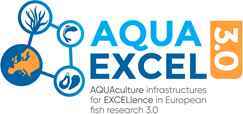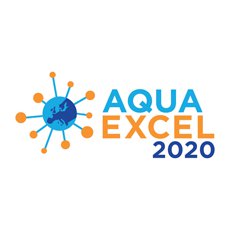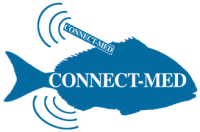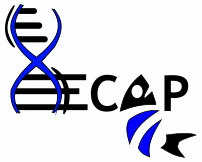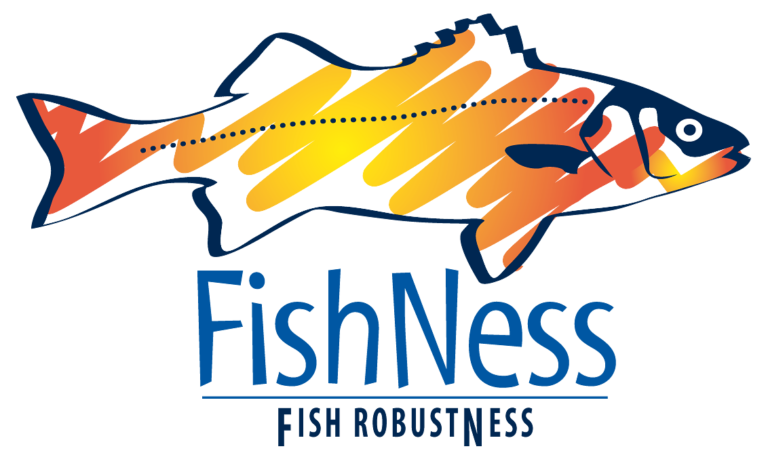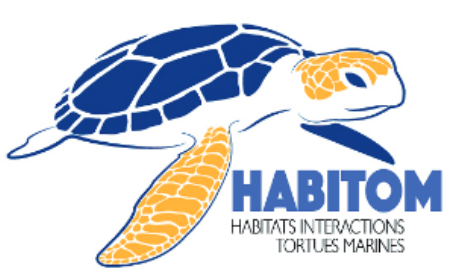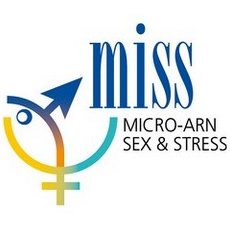Objectives
Aquatic or blue foods, including fish, invertebrates, algae, and aquatic plants, are crucial for food and nutritional security worldwide. They provide 15% of global animal proteins and are especially vital in low-income nations where they can account for over half of animal protein intake. Beyond protein, aquatic foods are rich in essential fatty acids, vitamins, and minerals. However, their significance is often overlooked in policy discussions and financial allocations. For instance, many countries manage fisheries and aquaculture with an economic perspective, prioritizing exports over domestic food security. Promoting nutrition-sensitive aquatic food systems is considered paramount to change this paradigm. This implies a shift from solely viewing fisheries and aquaculture as a means of producing aquatic foods, to a means for promoting well-being, necessitating consideration of socio-economic, environmental, and cultural dimensions.
Over the last thirty years, aquaculture has expanded rapidly to meet global demand. The global per capita consumption of aquatic products is expected to increase by 2030, except in Africa, due to population growth exceeding supply on this continent. Despite a significant expansion of the aquaculture industry in Africa over recent years, it only accounts for about 3% of global aquaculture production. With production primarily based on freshwater aquaculture, Africa currently has one of the lowest levels of marine aquaculture productions worldwide.
The AfriMAQUA initiative has successfully built a collaborative network of researchers from various African countries and France, aiming to improve the sustainability of marine aquaculture in Africa. Building upon this foundation, the second phase of the network plans to incorporate a nutrition-sensitive approach, advancing towards aquatic food systems that are sustainable and promote diets that are healthier and resilient. AfriMAQUA’s primary objective is to foster the development of sustainable and nutrition-sensitive marine aquaculture in Africa to contribute to food and nutrition security, poverty alleviation, and income creation. To this end, AfriMAQUA will 1) foster solution-oriented research and new technological innovations in sustainable and nutrition-sensitive marine aquaculture, 2) enhance skills and knowledge in sustainable nutrition-sensitive marine aquaculture research and practices, and 3) contribute through training in participatory approaches to identifying drivers and barriers for the sustainable development of marine aquaculture in Africa for food and nutrition security as well as for empowering local communities. AfriMAQUA will leverage its partnership with the LIMAQUA International Joint Laboratory in South Africa to enhance collaborative research and capacity building. As an endorsed programme of the United Nations Decade of Ocean Science for Sustainable Development, AfriMAQUA plans to extend its influence across Africa, promoting interdisciplinary and multi-stakeholder collaborations and knowledge sharing, underscoring the importance of coordinated approaches.
